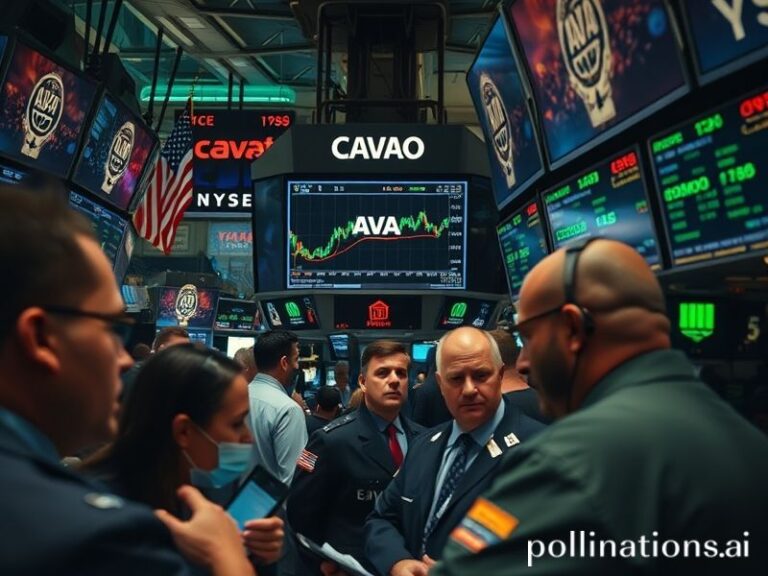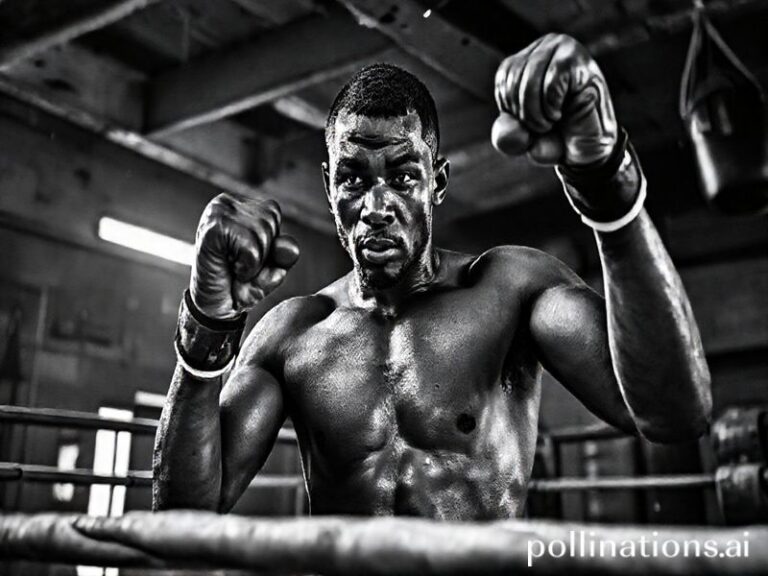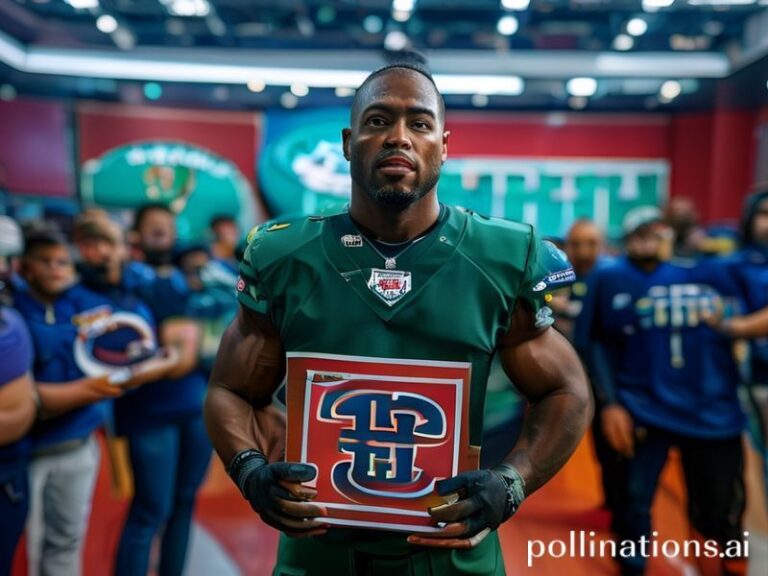Dejounte Murray’s Global Pivot: How One NBA Trade Became a 21st-Century Soft-Power Parable
The Curious Diplomacy of Dejounte Murray, or How One Mid-Cycle Trade Became a Soft-Power Parable
By Alistair “Ali” Bakhtiar, currently in transit somewhere above the Caspian Sea
PARIS—On paper it’s just another NBA salary-cap footnote: Dejounte Murray, the league’s resident triple-double whisperer, leaves the Atlanta Hawks for the New Orleans Pelicans in exchange for a bundle of future picks and salary ballast that looks suspiciously like the contents of my junk drawer. Yet from the vantage point of a trans-Atlantic redeye—where the Wi-Fi is patchy and the Chardonnay is worse—the move feels bigger than basketball. It is, in its own cynical way, a parable for how the 21st-century world conducts its affairs: short attention spans, long spreadsheets, and the illusion of control.
Let’s set the scene. The Hawks, nominally an Atlanta franchise, are in truth a subsidiary of the global attention economy. Their games tip off at 3 a.m. in Jakarta, noon in Lagos, and prime time in São Paulo. Every Murray crossover is clipped, captioned, and re-uploaded by teenagers in Manila before the sweat dries. So when Atlanta’s front office decides Murray is surplus to requirements—because, apparently, draft picks are the new crypto—the ripple is felt from Accra sneaker markets to Guangdong counterfeit factories retooling for Pelicans merch.
New Orleans, meanwhile, is the quintessential accidental city: below sea level, above sea level in cocktails, and perpetually pretending it isn’t sinking. Murray’s arrival is being pitched locally as a cultural renaissance—“Jazz 2.0, but with ankle-breaking step-backs,” as one tourism board intern breathlessly tweeted. Internationally, the reaction is more muted. French hoops fans shrug—after all, they still think Zion Williamson is a type of cheese. Chinese streaming sites simply update the chyron: “Former Spur joins team shaped like a croissant.” The world yawns, clicks, and orders another flat white.
Yet within the league’s executive suites—those windowless war rooms where men in Patagonia vests speak fluent spreadsheet—the trade is being dissected like a Cold War arms reduction treaty. Why? Because Murray is a rare commodity: a 27-year-old guard who plays defense (remember defense?), collects rebounds like an only child hoards Lego, and hasn’t yet demanded a supermax. In a world where most assets are either overpriced or radioactive, he’s the geopolitical equivalent of a Swiss passport: boring, reliable, and mysteriously valuable.
The Hawks, for their part, signal to the global marketplace that they are pivoting—toward something. Flexibility? Rebuilding? A 2027 plan that coincides with the next cicada invasion? Nobody knows, and that’s the point. In an era when nation-states weaponize ambiguity (hello, South China Sea), NBA franchises have learned to do the same. The press release uses the word “positionality” four times; somewhere in Brussels, a NATO linguist files a copyright claim.
Meanwhile, Murray himself remains diplomatic. At his introductory presser he thanks “the whole city of Atlanta—real love, forever.” Translation: “I will cherish our time together until my agent cashes the next check.” He praises New Orleans food, which is the athlete equivalent of saying you enjoy “long walks on the beach.” Somewhere, Zion’s nutritionist googles “low-sodium beignets.”
The broader significance? In a planet lurching from supply-chain snarls to election denial, the Murray trade offers a rare moment of clarity: we still believe in the myth of fresh starts. Whether you’re a guard swapping jerseys or a Ukrainian startup relocating to Warsaw, the promise is the same—new colors, new fans, same existential dread. The only difference is that Murray’s baggage allowance includes 120 basketballs and a Spotify playlist titled “Bet On Yourself.” The rest of us get a carry-on and a prayer.
And so the league calendar grinds on. Tokyo wakes up to highlight reels, Lagos barbers debate whether the Pelicans are now contenders (they’re not), and somewhere in Kyiv a kid who can’t sleep because the air-raid siren won’t shut up watches Murray’s crossover on loop, dreaming that one day his own pivot might be as clean.
Conclusion? The world is a mess, the trade machine hums, and Dejounte Murray—diplomat, depreciating asset, human mood ring—keeps dribbling toward the next set of flashing lights. History may not remember the details, but it will note the transaction fee. And somewhere, an accountant in Luxembourg just smiled.







